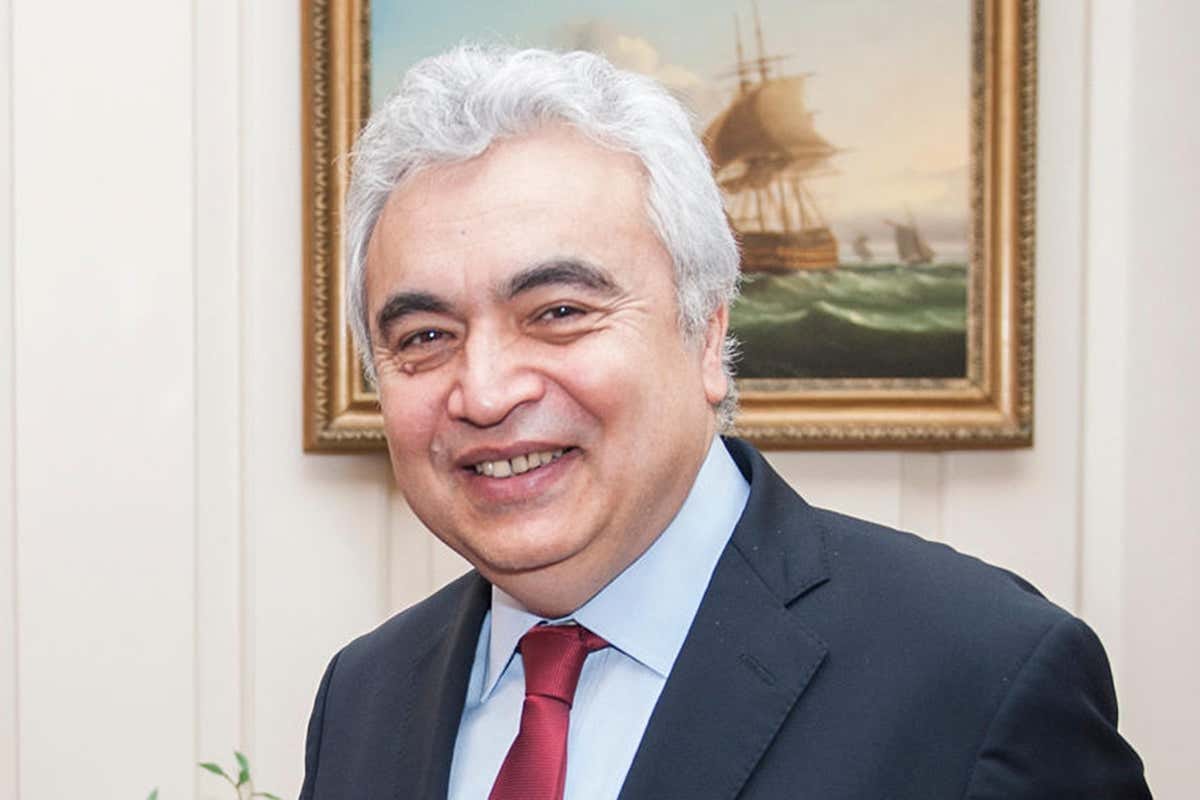When 17 nations including the United States and United Kingdom joined together in creating the International Energy Agency in 1974, the goal was to establish an autonomous body that would compile and maintain accurate, reliable information related to global energy supplies and demands that would help national governments respond to energy-related crises of the future. Across the intervening half-century, the number of countries supporting the IEA and its mission has grown to 31 nations.
Notably, the IEA’s stated mission did not include engaging in political action or advocacy. Unfortunately, that appears to have changed. As of April 2, the IEA is now little more than just another politically motivated wing of the UN. The agency has been trending in that direction for the past decade of its own volition in support of the net-zero agenda under the leadership of its current chief, Fatih Birol. As of Monday, that directional shift has essentially been formalized.
In an emailed document, Birol – a Turkish economist who is also chair of the Davos energy advisory board – announced Monday that his agency will now “join forces on implementation of COP28 outcomes,” thus now serving in an overtly political role seeking to set policy. Noting that the nations present at last December’s COP28 event in Dubai agreed to commitments of “limiting global warming to 1.5 °C – including the goals of tripling global renewable energy capacity by 2030, doubling energy efficiency improvements this decade, and accelerating the transition away from fossil fuels,” Birol says his agency will now coordinate with the United Nations Framework Convention on Climate Change, or UNFCCC, on the implementation of that decidedly political agenda.
Keep reading with a 7-day free trial
Subscribe to Energy Transition Absurdities to keep reading this post and get 7 days of free access to the full post archives.




